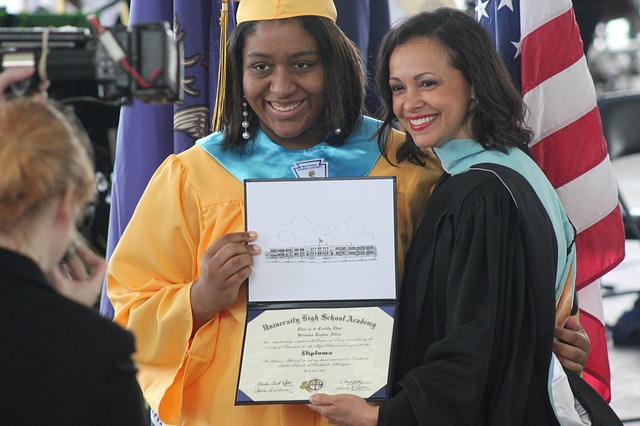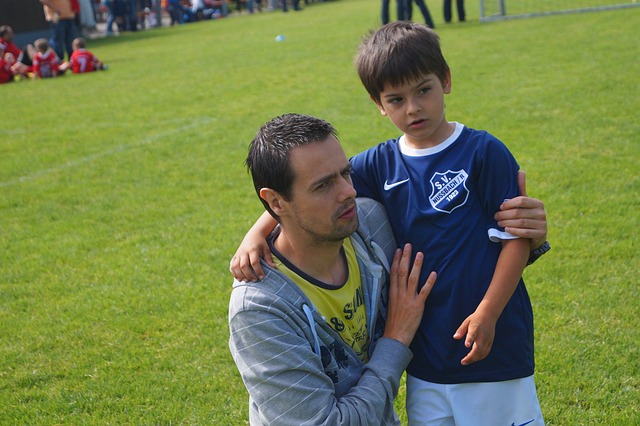
The Successful Student with ADHD/LD
September 14, 2016
Developing Comfort in Initiating Social Interactions
September 28, 2016In a study of successful young adults with ADHD or learning disabilities (www.ncld.org), a supportive home life was identified as critical to success. Did that mean that there were two parents at home or that adults never had conflict with the student?
Did it mean that parents were teaching the student at home? No. But somehow, adults communicated optimism that the child would be successful. The students felt that the adult in their life understood the challenges of having a disability in reading, spelling or math. The adult communicated realistic expectations. An “A” or “B” in English may not be realistic for the student who has a Learning Disability in Reading and Writing, but a “B” in Social Studies could be possible. Doing homework is a realistic expectation!
Understanding learning and attention challenges does not mean that parents/guardians let the student “get away” with neglecting his responsibilities. There are consequences for not completing assignments or chores, even though the child may be forgetful. The expectation is communicated that first we work, and then we play. The structure and routine that make for a predictable environment at home helped the student cope with the daily challenges in school. Children feel less stress when they can anticipate who will be at home in the evening and what is happening after school. Students with LD/ADHD have many worries; wondering how they will get home after school, or if there is soccer practice tonight, does not have to be another one.
Bringing home a “bad” grade can be devastating for any child. This can be a frequent occurrence for students with ADHD/LD. The child feels like a failure. Punishing the student will not make the situation better. When parents understand the impact of LD and ADHD on performance at school, they can help the student to have hope for the next time. Parents can acknowledge that the student worked hard on the material. Or, maybe they forgot to study! But, sometimes the wording of a test question is tricky, or they misread the directions or they had a “brain freeze” – situations that are going to happen from time to time. Partnering with the student can support her in analyzing her approach to studying, or in talking with her teacher. Most importantly, communicate a belief that there is always another chance or an alternate route to get to a certain place. There is always another way!

If you, as the parent, feel overwhelmed by fear, worry, and hopelessness – seek help for yourself. Your child knows you are afraid for them, and no matter what you say, they will lose hope in the possibility of success. Start with reading on the subject of ADHD/LD – suggestions are on Springer's website. Contact the local Children’s Hospital and your child’s school regarding programs for parents. Talk to your family doctor or pediatrician for a referral.
Blogger Mary Ann Mulcahey, PhD, shares her expertise in assessment and diagnosis of learning disabilities and ADHD, and the social/emotional adjustment to those issues. If you have questions, please contact Mary Ann at .




